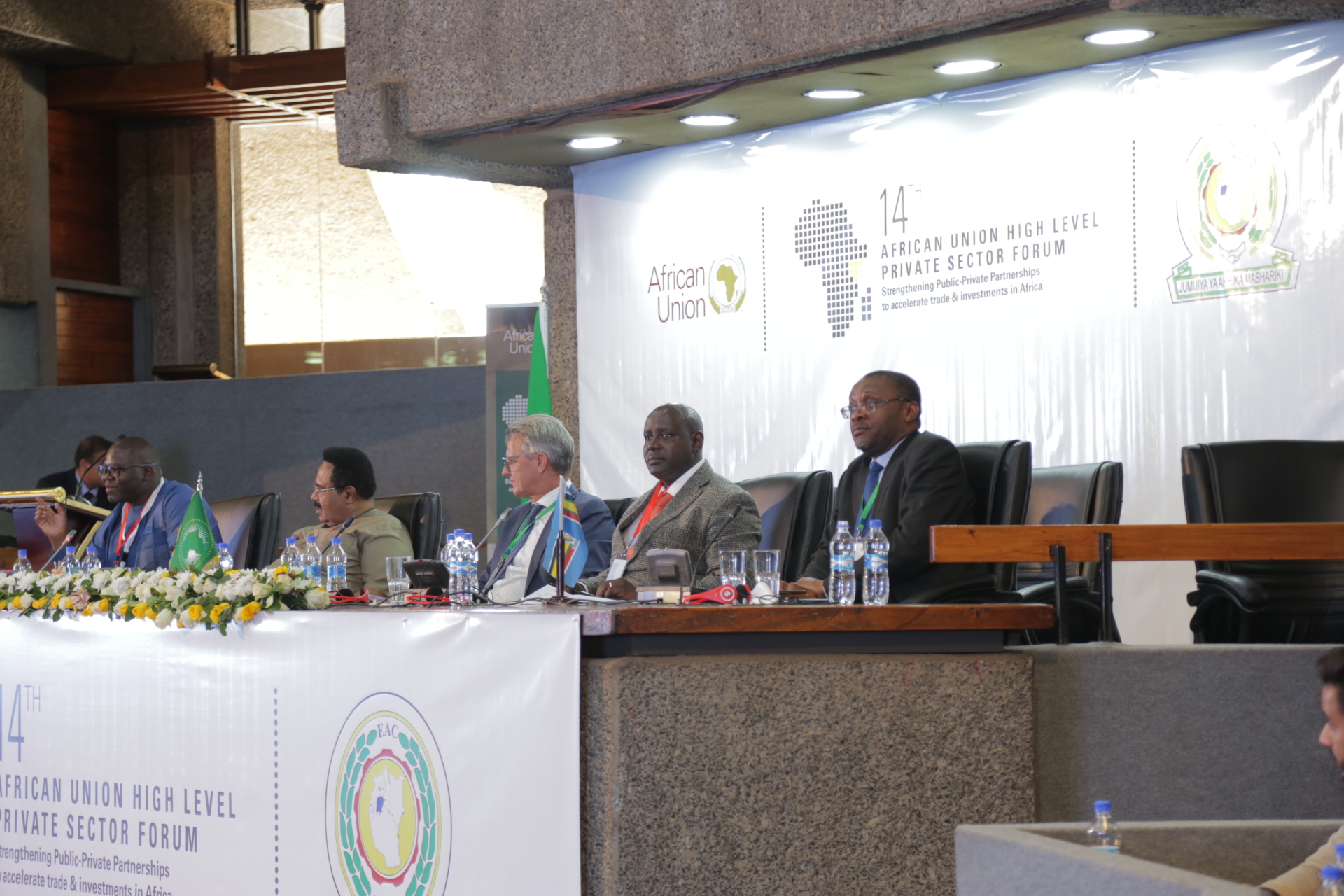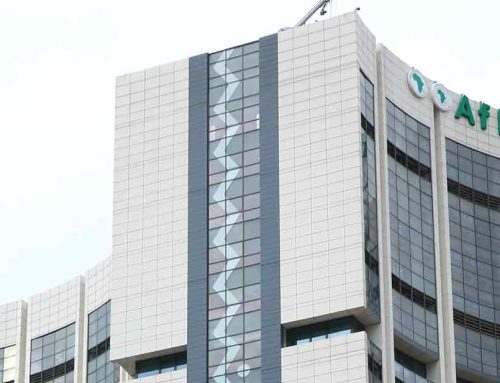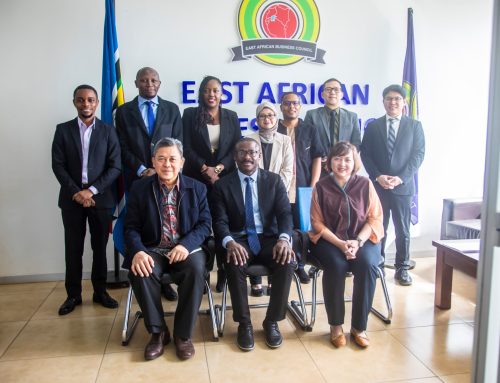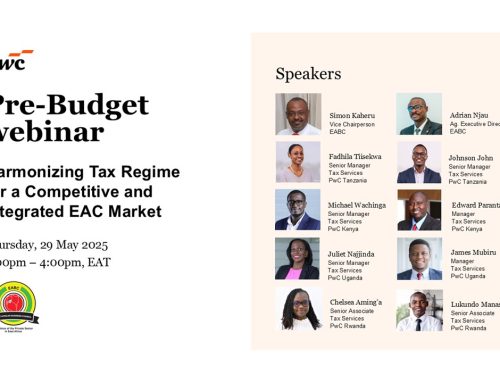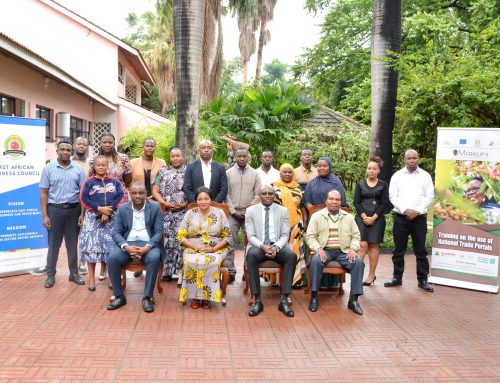Wednesday 12th July 2023, Nairobi, Kenya- Upscaling agriculture in the next five years by increasing productivity and agribusiness to create jobs and feed the population through industrial agglomeration was the call of the Agribusiness and Food Security session at the 14th African Union High-Level Private Sector Forum. Esteemed panelists and engaged participants came together to discuss critical issues and potential solutions for ensuring food security in Africa.
Moderated by Dr. David Phiri, Sub-Regional Coordinator and FAO Representative to AU and UNECA, the session highlighted Africa’s vast agricultural potential and the necessary strategies to achieve food security by 2040.
Prof. M.H. Khalil Timamy from Pwani University emphasized the need to reorganize the agricultural sector in African countries to address the intensive importation of cereals, which adversely affects economic growth. He stressed the importance of protecting cereal agro-producers through effective agriculture frameworks, policies, and regulations. Prof. Timamy also highlighted the significance of establishing local markets for agro-processed cereals and leveraging renewable energy production systems, such as mini-grids, to drive sustainable agriculture and agro-processing.
Mr. John Bosco Kalisa, CEO of EABC, highlighted the impact of the COVID-19 pandemic, climate change, and conflict on Africa’s food systems, resulting in over 30 million citizens facing poverty. He expressed appreciation to GIZ-Business Scouts for Development for partnering with EABC in the study on the impact of global crises on food security and investment opportunities in agricultural value chains in the EAC. Mr. Kalisa emphasized the issue of post-harvest losses, which account for nearly 40% of agricultural yields in East Africa, and called for improved infrastructure to enhance production efficiency and competitiveness. He underscored the importance of greater investment in agriculture, the elimination of non-tariff barriers on agri-food products, and the provision of venture capital for youth in agriculture. Mr. Kalisa also urged African governments to implement the Malabo Declaration by investing 10% of their GDP in agriculture, as exemplified by Rwanda.
Victor Djemba, Africa Director of UNIDO, stressed the need to increase local sourcing, enhance the capacity of the local private sector, and improve production capacity through large-scale production, quality assurance, and technology adoption. He advocated for the establishment of regional agro-industrial hubs and parks to create a network of production systems, emphasizing the importance of a multi-stakeholder approach to integrating agriculture, industry, and trade policies. Djemba highlighted the significance of innovation in addressing existing challenges and promoting sustainable agricultural development.
Michael Dunford, Regional Director for Eastern Africa at the UN World Food Programme (WFP), highlighted the impact of rising food insecurity, which has affected over 80 million people in the last two years. He discussed WFP’s shift towards local and regional procurement policies to stimulate private sector activities and investments in the region. Dunford emphasized the multiplier effect of WFP’s investments, with a return of 2.3 times for every dollar spent, and their substantial contribution to GDP and job creation. He expressed WFP’s commitment to further engage with the private sector and sought recommendations for enhanced collaboration.
During the floor discussions, the importance of engaging youth in agriculture to boost agricultural production was emphasized. Hon. Uwumukiza, Francoise, Member of EALA, highlighted the significance of irrigation in mitigating climate change, ensuring access to affordable nutritious foods, and promoting the free movement of food to improve food security.
The session provided valuable insights into the challenges and opportunities in the agribusiness sector, underlining the necessity for collaboration between governments, private sector entities, and international organizations to achieve food security and sustainable development in Africa.

